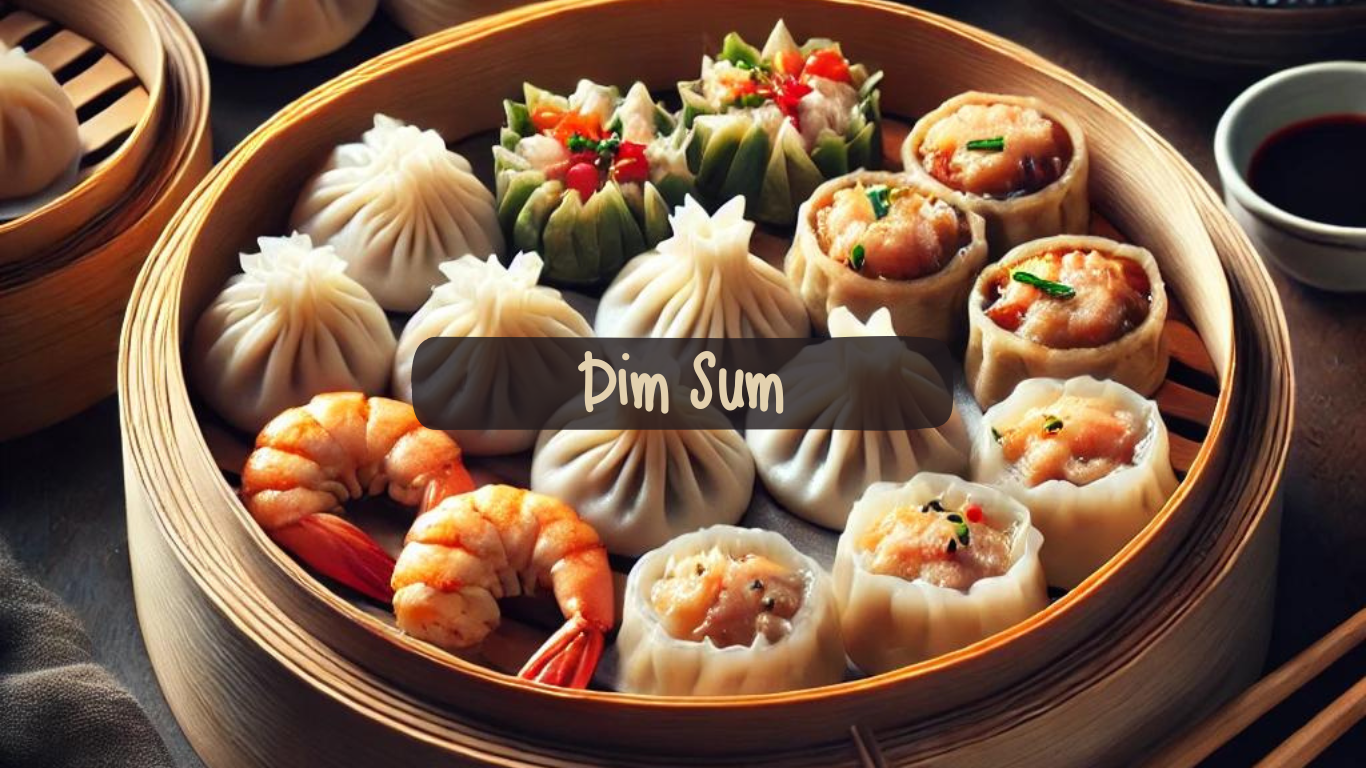Dim sum. If you’ve ever had the pleasure of experiencing this delightful Chinese tradition, then you’ll know exactly why it’s a tea lover’s dream come true. Imagine this: you’re sitting in a bustling tea house, steaming bamboo baskets being paraded around on carts, each one filled with little bites of savory perfection. That’s dim sum for you—a seemingly endless parade of dumplings, buns, and other bite-sized delicacies, all meant to be enjoyed with tea. It’s like a tea party, but with a serious upgrade in the food department.
Now, let’s be clear, this isn’t just a meal. It’s an experience. Traditionally, it’s served in the morning or early afternoon, making it the perfect brunch companion to a pot of oolong or pu-erh tea. And while the star of the show is undeniably the food, the tea plays an essential supporting role. You see, in Chinese culture, tea isn’t just something you sip alongside your meal—it’s an integral part of the dim sum experience. The delicate flavors of the tea help cleanse your palate between bites, allowing you to fully appreciate each dish in all its glory. It’s a balancing act of flavor, and it’s absolutely genius.
Let’s talk about the variety. Whether you’re a fan of dumplings, buns, or savory pastries, there’s a little something for everyone at the dim sum table. The texture game is strong here—soft, chewy, crispy, and tender, all in one meal. You might start with shrimp dumplings, then move on to pork buns, maybe sneak in some spring rolls, and don’t even get me started on the steamed spareribs. The beauty of dim sum is that you’re not committing to one dish—you’re sampling a little bit of everything, which, let’s face it, is the ultimate way to enjoy food. You’re never stuck with just one flavor profile. It’s a little culinary journey, one bite at a time.
Now, I know what you’re thinking: “Dim sum with tea? Really?” But trust me, tea is the perfect pairing for this spread of savory delights. I love a good jasmine tea with my dim sum. Its floral, light notes balance out the richness of the food, while a more robust pu-erh or oolong brings a deep earthiness to the table. The tea isn’t just an afterthought—it’s a palate cleanser, a refresher, and, quite frankly, a necessity when you’re indulging in all the deliciousness that dim sum has to offer.
The real magic of dim sum, though, is how it brings people together. In a way, it’s like the Chinese equivalent of afternoon tea—sharing good food, good tea, and good conversation with friends or family. It’s leisurely, it’s communal, and it’s just plain fun. You don’t rush through dim sum; you savor it, sip your tea, and enjoy the company. Each dish is like a little treasure waiting to be unwrapped, and when paired with a warm pot of tea, it’s pure comfort.
So next time you’re looking for something a bit more adventurous to go with your tea, why not give dim sum a try? It’s savory, it’s satisfying, and it’s guaranteed to make your tea time a whole lot more exciting.

Chinese Dim Sum
Equipment
- 1 spoon
- 1 knife
Ingredients
- ½ lbs ground shrimp
- 2 green onions finely chopped
- 1 tbsp soy sauce
- 1 tsp sesame oil
- 1 tsp grated ginger
- wonton wrappers
Instructions
- Mix the ground shrimp with green onions, soy sauce, sesame oil, and ginger.
- Place a small spoonful of the mixture in the center of each wonton wrapper.
- Fold and pinch the wrappers to seal the dumplings.
- Steam the dumplings for 10 minutes or until fully cooked.


